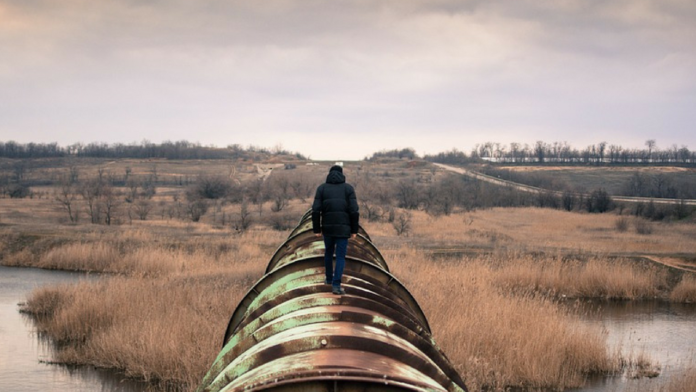MINNEAPOLIS- Following the release of the environmental impact statement by the Minnesota Department of Commerce, multiple protest have been planned against the proposed Enbridge Pipeline 3.
The 2,000 page report confirms that the proposed route for the replacement Enbridge Pipeline would have the least environmental impact. Furthermore, it was found that the proposed pipeline will threaten fewer cultural sites than does the current pipeline. The report finds that rejection of the project could severely limit the state’s energy supply. The Department of Commerces findings from the public comments and extensive environmental review concluded that there was no “more reasonable and prudent alternative.”
However, the proposed route would be potentially more damaging to the regions ecology as well as a greater threat to tourist and recreational areas than the current pipeline. When it comes to the impact on the tribes, the pipeline will avoid Leech Lake and Fond du Lac reservations, which the current Line 3 passes through. The proposed route will pass through the Mississippi River headwaters and pass through lakes where the Ojibwe tribe cultivates wild rice and holds treaty rights on the lands.
Already protest of the pipeline are being formed. The protest seem to be emerging in many different forms currently. For instance, a group of Twin Cities teens plan to paddle the proposed route of the pipeline as a form of protesting the potential environmental impact on waterways according to the Brainerd Dispatch.
A more familiar form of protest, the 1st Non-Violent Direct Action Against Enbridge Line 3, will occur on Monday, August 21, though it is likely that many more will follow. The protest coordinator, Neo Gabis Benais, has made explicit statements that substances are not allowed at the protest in a Facebook post.
“This is not a healing camp…..We do not tolerate drinking or drugs, if you are doing these things we will harness your energy and use it against you forcefully and with aggression. Please do not drink in camp this is not a vacation destination, this is a non-violent direct action camp that bans the use of drugs and alcohol. You don’t get chances to drink here, if you drink off camp grounds you will be asked to leave. We cannot risk life and death here. Alcohol brings nothing but misery and death,” Neo Gabis Benais said in the Facebook post.
After the allegations of rampant drug and alcohol use at Standing Rock, the decision to take a strict stand against these illicit activities is most likely a necessary one.
Some have questioned the legitimacy of the document compiled by the State Department, including the Sierra Club. In an interview with ABC, state director of the organization, Margaret Levin, said that the “review still doesn’t properly address concerns about the risks of the project or adequately assess alternatives.”
The environmental impact statement will be used by two administrative law judges to determine whether or not a certificate of need is warranted. The report will also be used by a public utilities commission to determine whether or not Enbridge will receive permits for construction of the new line.











